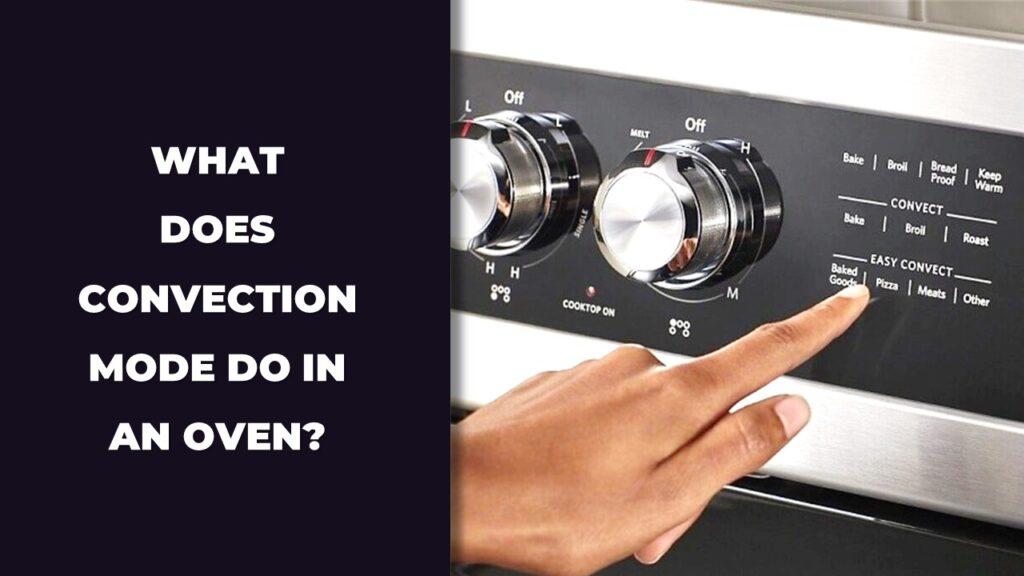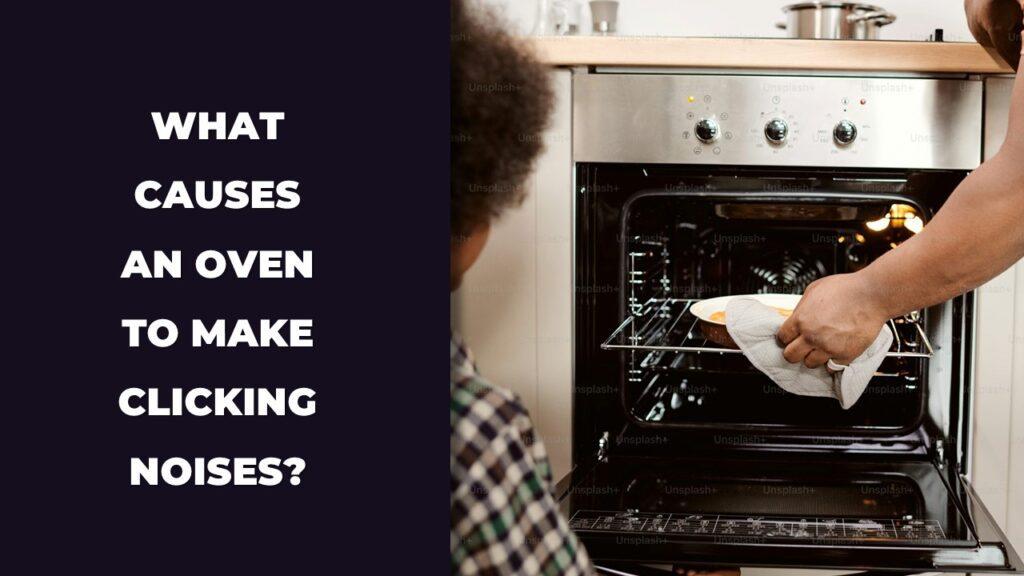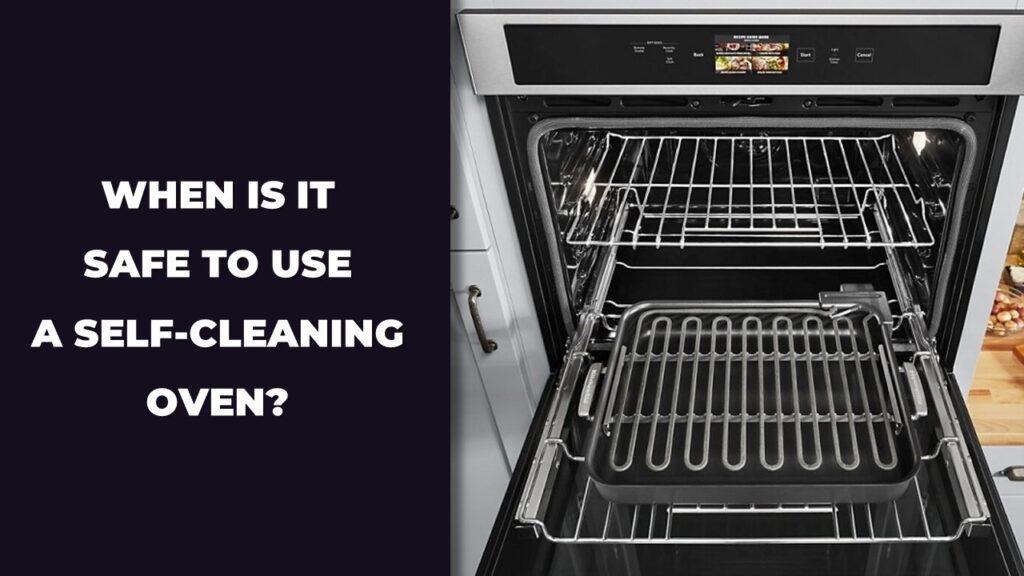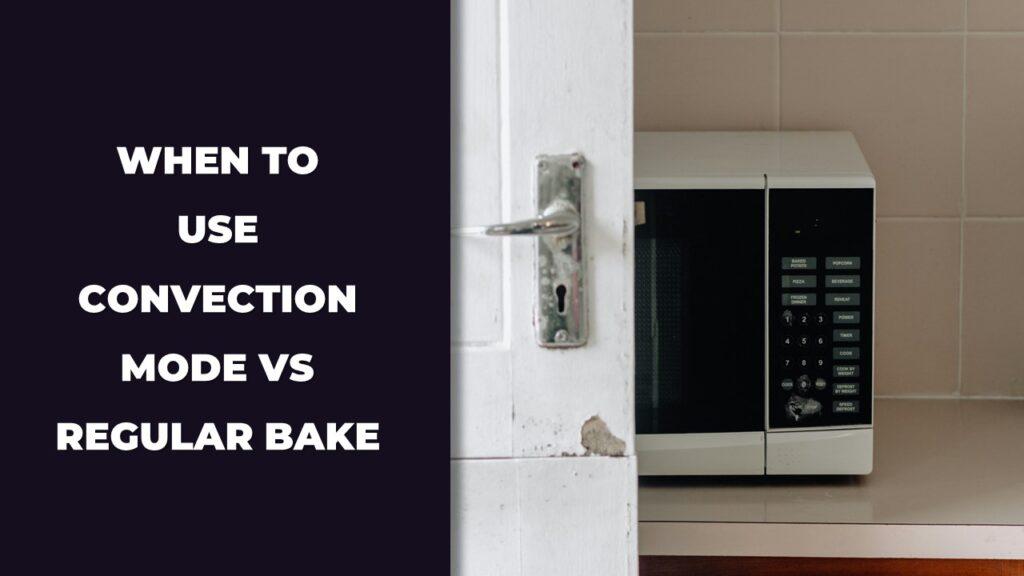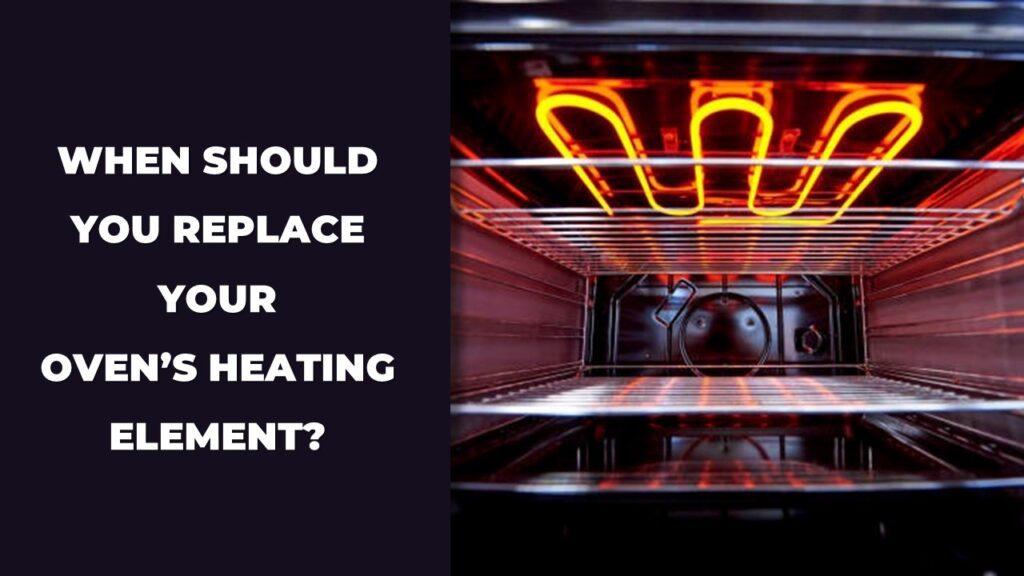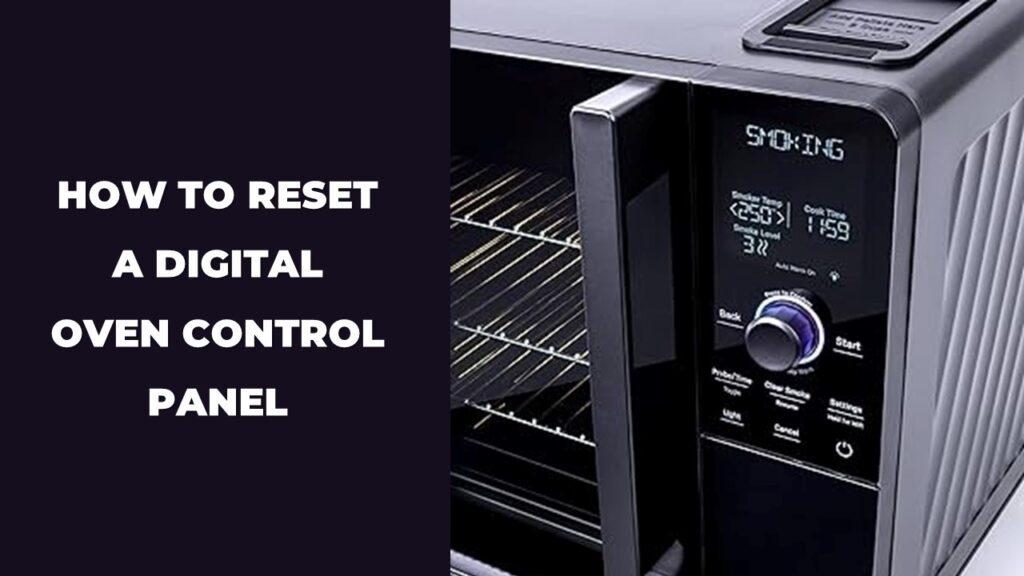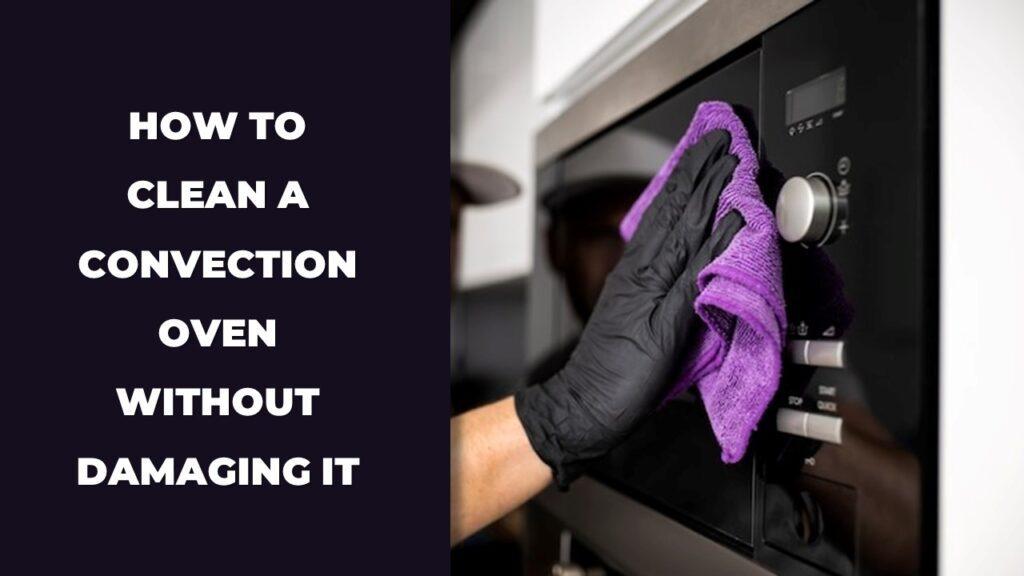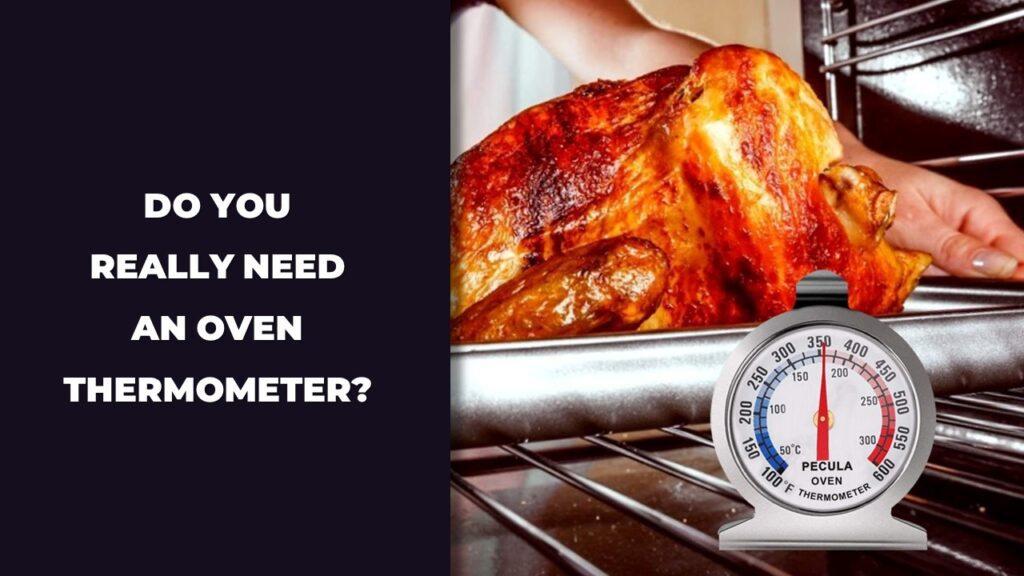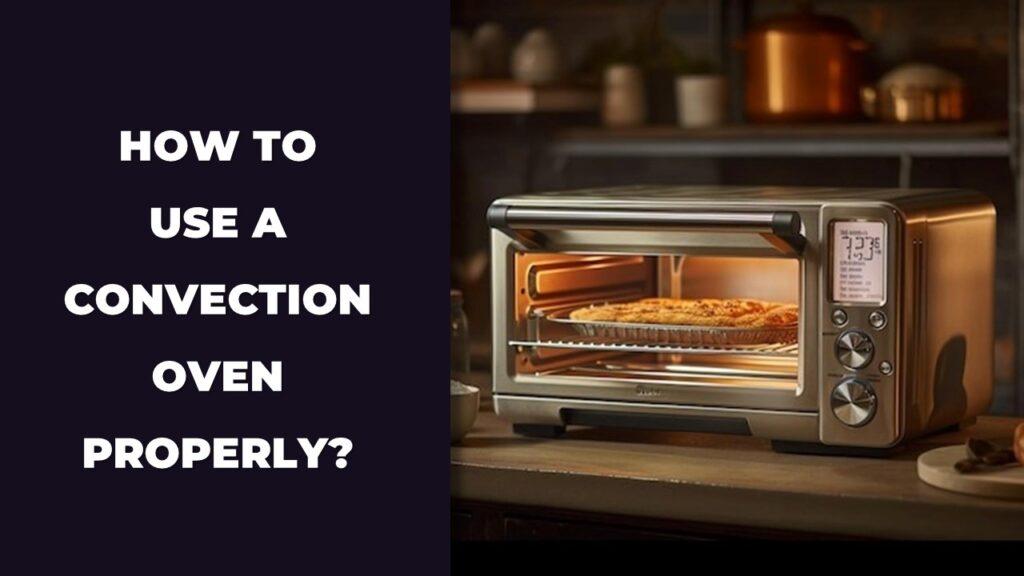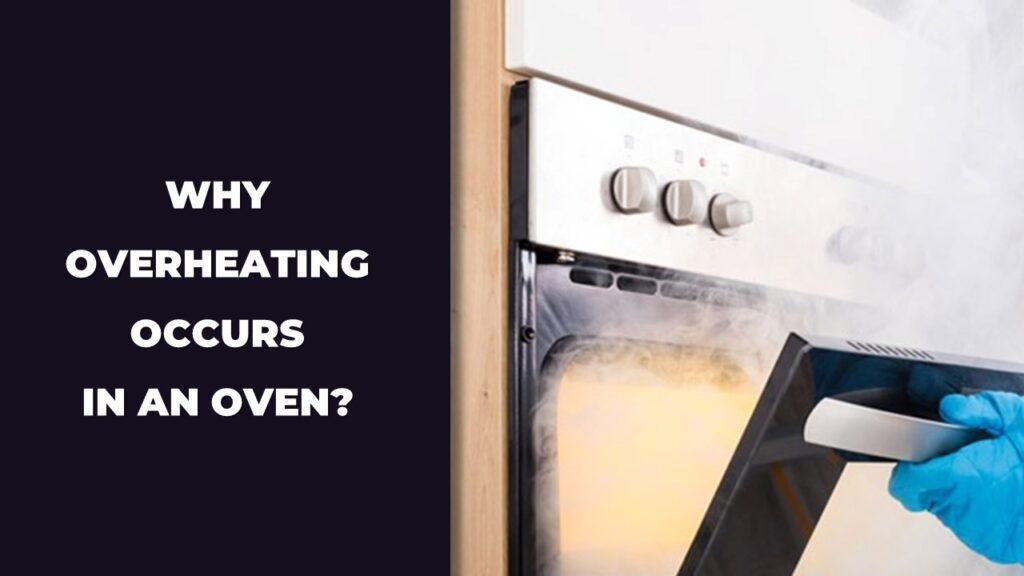What Does Convection Mode Do in an Oven? Faster, Crispier, And More Even Cooking Explained
Convection mode in an oven uses a built-in fan and exhaust system to move hot air around your food. This steady airflow cooks food faster, helps it brown better, and makes sure everything cooks evenly, no matter where it’s placed inside. It’s a big step up from regular baking, where heat often stays near the […]

